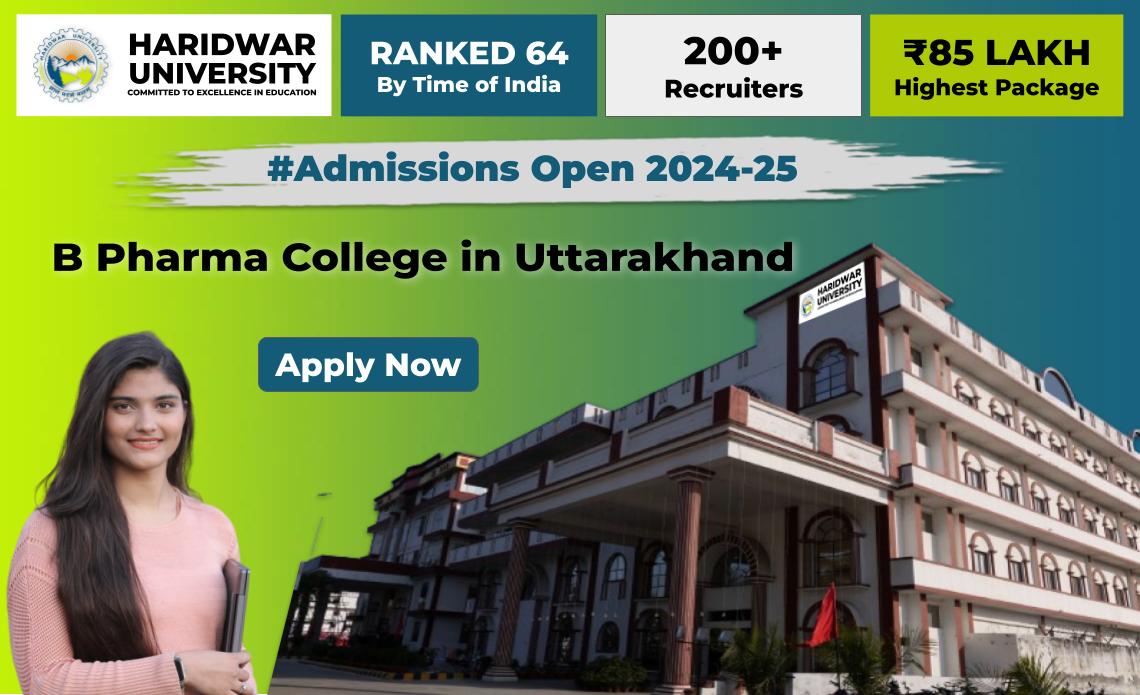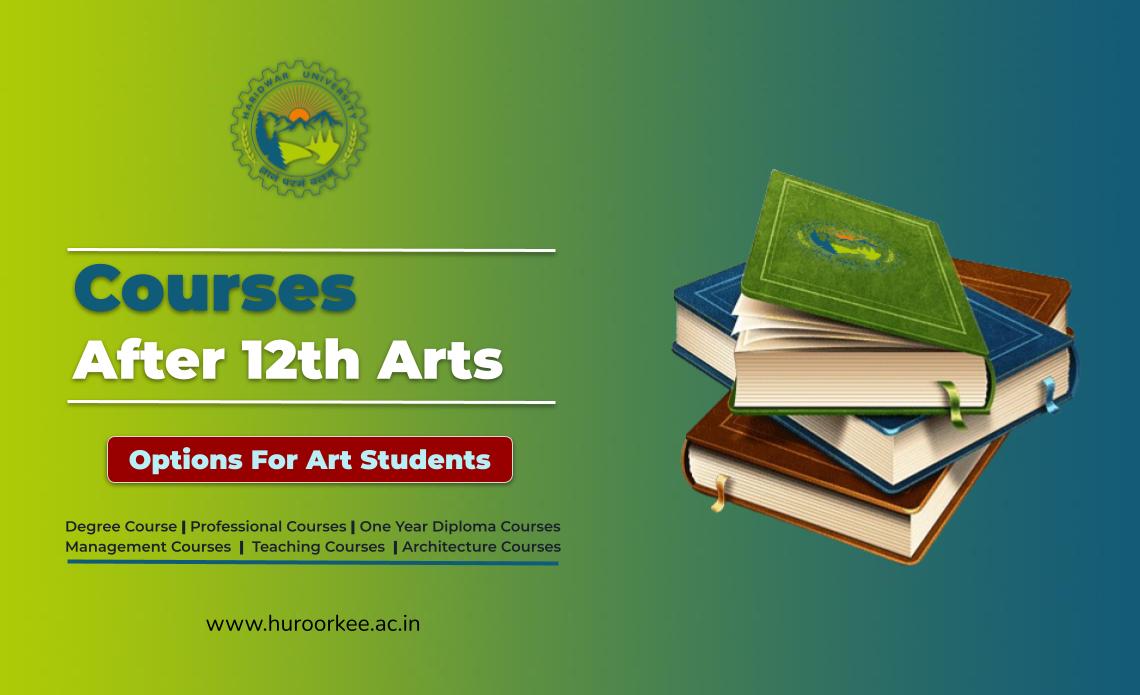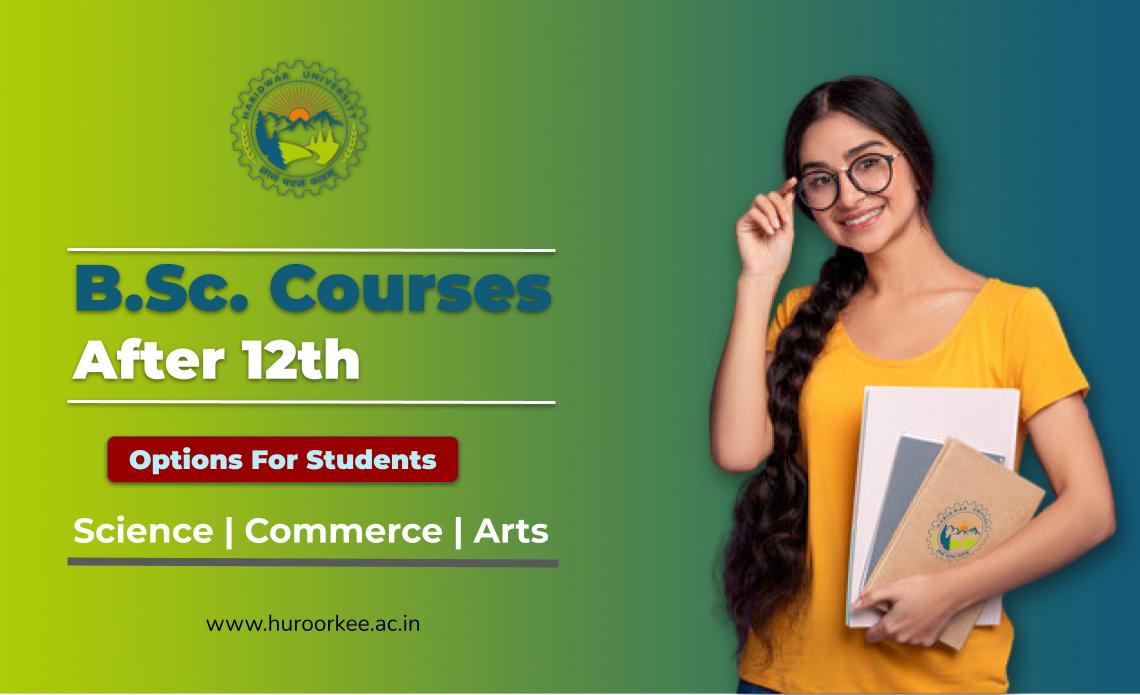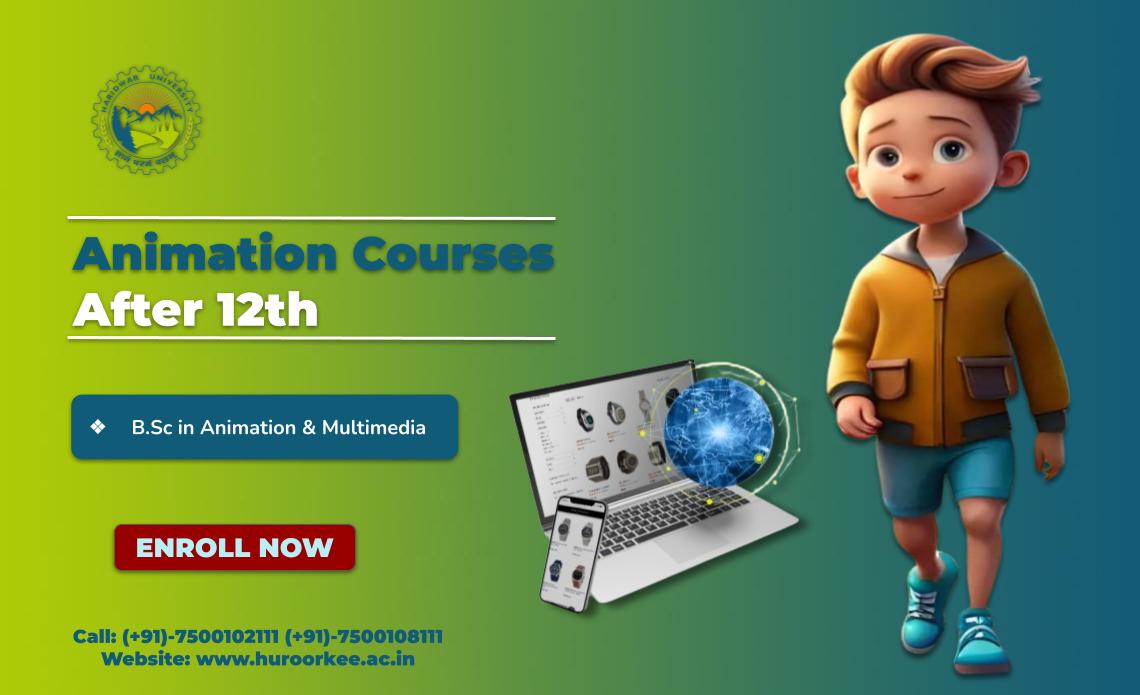Opting for a travel and tourism course after completing your 12th grade can be a great choice if you have a passion for travel, hospitality, and customer service. There are several options available for pursuing such courses, both in India and abroad. Here’s a general outline of what you can consider:
1. Bachelor of Business Administration (BBA) in Tourism & Travel Management
This program typically provides students with a strong foundation in business administration along with specialized knowledge in tourism and travel management. Students learn about marketing strategies, financial management, operations, and specific aspects of the tourism industry such as destination management and hospitality services.
- Course Duration: Typically 3 years.
- Average Fees: Fees can range from ₹50,000 to ₹3,00,000 per year.
- College Examples:
- Indian Institute of Tourism and Travel Management (IITTM), Gwalior
- Amity University, Noida
- Christ University, Bangalore
2. Bachelor of Arts (BA) in Travel & Tourism
A BA in Travel & Tourism focuses on providing students with a comprehensive understanding of the travel and tourism industry from a liberal arts perspective. It covers topics such as tourism geography, cultural heritage tourism, tourism policy, and tourism planning.
- Course Duration: Typically 3 years.
- Average Fees: Fees can range from ₹20,000 to ₹2,00,000 per year.
- College Examples:
- Haridwar University, Uttarakhand
- Jamia Millia Islamia (JMI), New Delhi
- Gujarat University, Ahmedabad
3. Bachelor of Commerce (B.Com) in Travel and Tourism Management
B.Com in Travel and Tourism Management programs are designed to provide students with a blend of commerce and tourism-related subjects. Students learn about accounting, finance, business communication, alongside specialized subjects like tourism marketing, tourism economics, and airline management.
- Course Duration: Typically 3 years.
- Average Fees: Fees can range from ₹30,000 to ₹2,50,000 per year.
- College Examples:
- University of Delhi, New Delhi
- Mumbai University, Mumbai
- Madras Christian College (MCC), Chennai
4. Diploma in Aviation, Travel & Tourism Management
This diploma program typically focuses on providing students with practical skills and knowledge related to the aviation, travel, and tourism sectors. It covers topics such as airline operations, ticketing and reservation systems, airport management, tour operations, and travel agency management.
- Course Duration: Typically 1 to 2 years.
- Average Fees: Fees can range from ₹20,000 to ₹1,50,000 for the entire program.
- College Examples:
- Frankfinn Institute of Air Hostess Training, Multiple Locations
- YMCA Institute for Career Studies, New Delhi
- Trade Wings Institute of Management (TIM), Mumbai
5. Diploma in Tourism Management
A diploma in Tourism Management is a shorter program that offers specialized training in various aspects of tourism management. It covers topics such as tourism planning and development, tourist behavior, tourism marketing, and sustainable tourism practices.
- Course Duration: Typically 1 year.
- Average Fees: Fees can range from ₹10,000 to ₹1,00,000 for the entire program.
- College Examples:
- Indian Institute of Hospitality and Management (IIHM), Kolkata
- Kuoni Academy, Multiple Locations
- National Institute of Tourism and Hospitality Management (NITHM), Hyderabad
Bachelor’s Degree Programs
Many universities and colleges offer bachelor’s degree programs in travel and tourism management or hospitality management. These programs typically last for three to four years and cover various aspects of the travel and tourism industry, including tourism marketing, tourism geography, hospitality operations, and event management.
While Haridwar University(HU) might offer a Bachelor of Tourism and Travel Management course, it’s essential for prospective students to make their decision based on various factors rather than just the preferences of other students.
- Accreditation and Quality: Ensure that Haridwar University is accredited and that its tourism program meets the necessary standards of quality education. Look for accreditation from recognized bodies in the field of higher education.
- Curriculum: Evaluate the curriculum of the Bachelor of Tourism and Travel Management course at Haridwar University. Check if it covers a wide range of relevant topics, offers practical training, and includes opportunities for internships or industry projects.
- Faculty Expertise: Research the qualifications and experience of the faculty members who will be teaching the tourism course. Experienced faculty with backgrounds in the tourism industry or relevant research can enhance the learning experience.
- Infrastructure and Facilities: Consider the infrastructure and facilities available at Haridwar University to support your studies in tourism and travel management. This includes classrooms, libraries, computer labs, and any specialized facilities for tourism education.
- Industry Connections and Placements: Investigate the university’s partnerships with tourism industry stakeholders and its track record in providing internships, placements, and networking opportunities for students. Strong industry connections can significantly benefit your career prospects after graduation.
- Location: Haridwar’s location may offer unique advantages for studying tourism and travel management, especially if it provides access to tourism attractions, cultural sites, or opportunities for fieldwork and practical learning experiences.
- Student Feedback: While considering the preferences of other students can be informative, it’s essential to gather a range of perspectives. Seek feedback from current students, alumni, and industry professionals to get a well-rounded understanding of the program’s strengths and weaknesses.
Ultimately, the decision to pursue a Bachelor of Tourism and Travel Management course at Haridwar University should be based on a thorough evaluation of these factors and how well they align with your educational and career goals. It’s important to make an informed decision that best suits your individual needs and aspirations.

Diploma Courses
Diploma courses in travel and tourism management are also available, which usually have a duration of one to two years. These courses provide a more focused and practical approach to learning about the travel and tourism industry. These programs are typically designed to equip students with the essential skills and knowledge required to pursue entry-level positions in the field. Here are some common features of diploma courses in Tourism and Travel:
- Duration: Diploma courses in Tourism and Travel usually have a duration of one to two years, although this can vary depending on the institution and the specific program.
- Curriculum: The curriculum of diploma courses covers a range of topics relevant to the tourism and travel industry, including tourism principles and practices, travel agency operations, tourism marketing, hospitality management, tour guiding, airline operations, customer service, and destination management.
- Practical Training: Many diploma programs include practical training components such as internships, fieldwork, or industry projects to provide students with hands-on experience and exposure to real-world scenarios in the tourism and travel industry.
- Specializations: Some diploma courses offer specializations or elective modules that allow students to focus on specific areas of interest within the tourism and travel field, such as adventure tourism, cultural tourism, eco-tourism, event management, or airline ticketing.
- Industry-Relevant Skills: Diploma courses are designed to provide students with practical, job-oriented skills that are directly applicable to roles in the tourism and travel industry. This may include skills in communication, customer service, itinerary planning, sales and marketing, and destination knowledge.
- Career Opportunities: Graduates of diploma courses in Tourism and Travel can pursue entry-level positions in various sectors of the tourism industry, including travel agencies, tour operators, airlines, hotels, resorts, cruise lines, destination management organizations, and tourism offices.
- Further Education: Diploma courses can also serve as a pathway to further education, such as pursuing a Bachelor’s degree in Tourism and Travel Management or related fields, for students who wish to advance their career prospects and opportunities for specialization.
When selecting a diploma course in Tourism and Travel, it’s essential to research the curriculum, faculty, accreditation status, industry connections, placement opportunities, and overall reputation of the institution offering the program. Additionally, consider your career goals and interests to ensure that the course aligns with your aspirations in the tourism and travel industry.
Certification Courses
There are also shorter-term certification courses available in specific areas of travel and tourism, such as tour guiding, airline ticketing, or hotel management. These courses can be completed in a matter of months and are often more specialized.
Online Courses and MOOCs
With the rise of online education platforms, you can also find various online courses and Massive Open Online Courses (MOOCs) related to travel and tourism. These can be a convenient option, especially if you prefer flexible learning schedules.
International Programs
If you’re interested in gaining a global perspective and possibly working in the international tourism industry, you may consider looking into study abroad programs or international universities that offer degrees in travel and tourism management.
Before choosing a course, it’s essential to research the curriculum, faculty, placement opportunities, and reputation of the institution offering the program. Additionally, consider your career goals and whether the course aligns with your interests and aspirations in the travel and tourism industry. Internships and practical training opportunities can also be valuable for gaining hands-on experience and networking within the industry.






